Though only a minor work in form, as regards its contents the Vigrahavyavartam well as of the early Indian dialectical tradition. Not only does it admirably illustrate the dialectical method followed by Nagarjuna, the founder of the school, but it is also clarifies the idea of Voidness (Sunyata) which has been so often misunderstood, not only in modern times and abroad, but in India itself and in Nagarjuna’s own time.
Written after Nagarjuna’s major work, the Madhyamakakarikas, the Vigrahavyavartani is undoubtedly one of his best works and shows him in all that is peculiar of him, above all in his imperturbable consistency’, as E. Frauwallner said.
Long lost in India, this text was fortunately discovered by Rahula Sankrtyayana in a Tibetan monastery. The book includes the text both in Devanagari and Roman scripts edited by E.H. Johnston and Arnold Kunst along with an English translation which follows the text closely and as literally as possible, and Notes that clarify its technicalities.

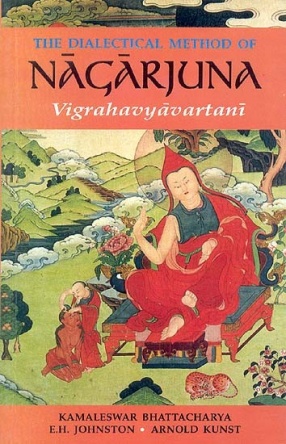
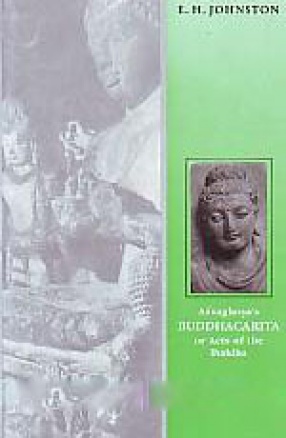
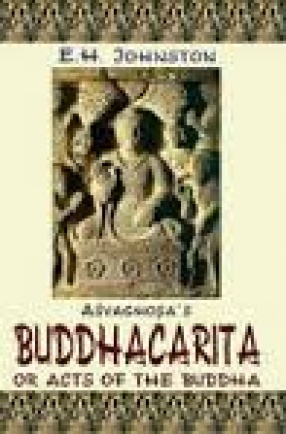
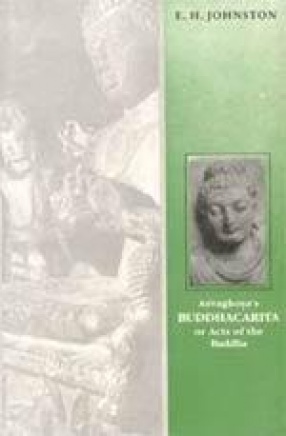
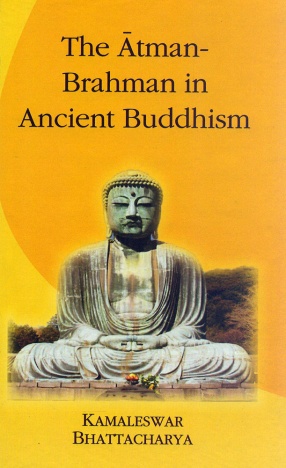
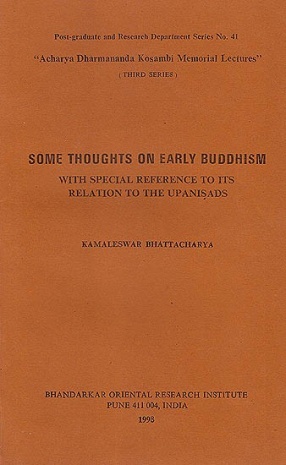
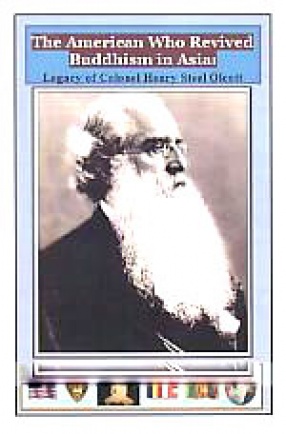
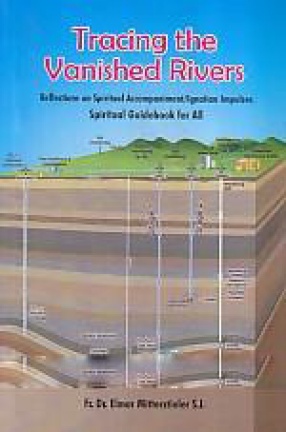
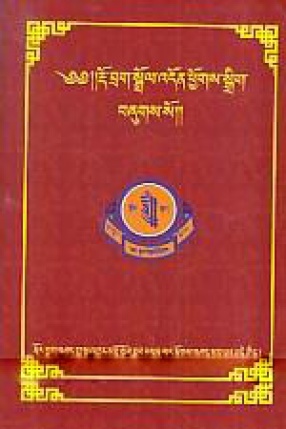
There are no reviews yet.